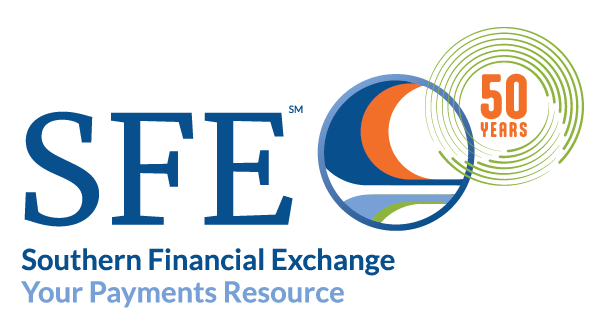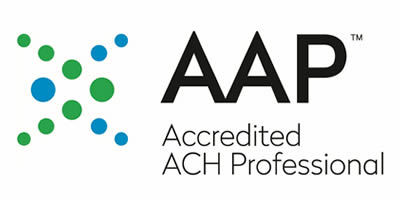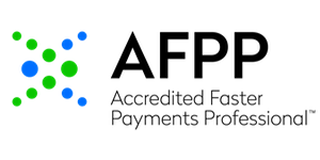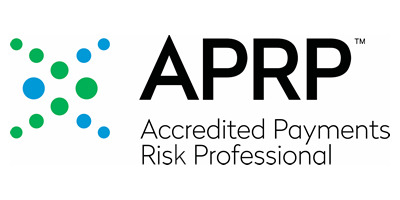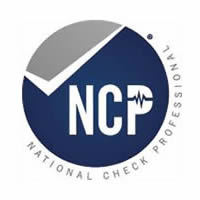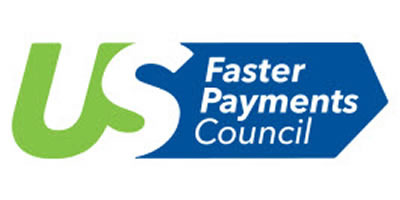Details
October 17, 2024
9:00AM - 3:30PM CST
Virtual Payments Fraud Symposium
From check fraud to cybercrime, payments fraud of all types is growing and evolving. In fact, the 2024 AFP® Payments Fraud and Control Survey Report documents 80% of organizations were victims of payments fraud attacks/attempts in 2023. This is a 15-percentage point increase over the previous year.
SFE wants to help you safeguard your institutions and your customers/members. Join us virtually for a full day of discussion on various types of payments fraud and learn ways your organization can mitigate fraud risk.
AGENDA |
|||
| Times (Central) | Session | Speakers | |
| 9:00 AM | Welcome and Opening Remarks - SFE and FRPA |
|
Danita Moss, SFE Kate Cole & John McCullough, FRPA |
| 9:15 AM |
Regional Financial Crime Trends and Collaboration Efforts, White Collar Squad Join us for an insightful presentation by Acting Supervisory Special Agent Daniel Sigmond from the Federal Bureau of Investigation, who exemplifies the values of Fidelity, Bravery, and Integrity. Agent Sigmond will delve into the responsibilities of the FBI’s White Collar Squad Unit and discuss the latest trends in financial crimes. Topics will include money laundering, bank fraud, and the impact of organized crime groups on local law enforcement. He will also explain how the FBI can provide support in these areas. This presentation will emphasize the importance of collaboration between financial institutions and law enforcement. Attendees will learn about the necessity of reporting crimes to ic3.gov, submitting Suspicious Activity Reports (SARs), and taking proactive leadership roles within their communities to aid law enforcement efforts. ASSA Daniel Sigmond is out of the AL Mobile Office, but his unit helps multiple agencies with these crimes. |
Daniel Sigmond, Acting Supervisory Special Agent, FBI | |
| 10:15 AM |
Break |
||
| 10:30 AM |
Check Fraud in 2024: Are We Catching Up to the Fraudsters? Check fraud is reportedly 2-4X from pre-pandemic levels, with certain institutions seeing a 10X spike when their institution is targeted. Banks are investing in new technologies to detect check fraud. The post office is deploying new electronic locks on mailboxes to curb stolen mail. Banks are working with law enforcement to catch the criminals. The US Government is pushing for higher penalties for financial crimes related to mail theft. So, have we as an industry caught up to the fraudsters? |
James Bi, Orbograph | |
| 11:30 AM |
Complex Financial Crimes, Infrastructure Threats, Insider Threats, and Cyber Crimes This will be an interesting discussion and engaging presentation by Mike Olson, a Former US Secret Services Agent. Mike has led complex fraud investigations and supervised the U.S. Secret Service as part of the Minnesota Financial and Electronic Crimes Task Force. Mike will address the challenges faced when law enforcement cannot respond to reports of complex financial crimes or lacks the investigator and/or tools to conduct an economic crime, including cyber attacks, cryptocurrency investigations, and investment scams. These issues can be highly intricate, and gathering evidence can be daunting. Mike knows what it will take to handle a case and what mitigation practices should be deployed. Mike will highlight the significant threats facing financial institutions and emphasize the importance of being prepared with a dedicated internal team and a bat phone when needed. He will also discuss the value of developing partnerships with law enforcement and FRPA and knowing where to seek assistance. |
Mike Olson, Former US Secret Service Agent | |
| 12:30 PM |
Lunch Break |
||
| 1:00 PM |
Leveraging Artificial Intelligence to Combat Fraud in Faster Payments As the financial industry accelerates towards real-time payments, the risk of fraud increases exponentially. This session will explore how cutting-edge AI technologies can be harnessed to detect, prevent, and mitigate fraud in the rapidly evolving landscape of faster payments. This session will touch on the following topics:
This insightful session will help practitioners to gain a deeper understanding of how AI is revolutionizing fraud prevention in the world of faster payments, ensuring a secure and seamless financial ecosystem. Attendees will leave with practical knowledge and strategies to implement AI solutions effectively within their organizations, safeguarding against the ever-evolving threat of payment fraud. |
Angela Murphy, Ph.D., a.k.a Payments Elsa, Pidgin | |
| 2:00 PM |
Break |
||
| 2:15 PM |
U.S. Postal Inspector, Trends, Cases, Check Fraud, What You Need To Know Inspector Dan Wessel of the US Postal Inspection Service investigates financial crimes linked to mail theft, wire fraud, and identity theft. In this presentation, he will briefly introduce the trends he observes, including postal employee theft, bank employees assisting in cashing bogus stolen checks, and hiring mules through social media. His work often involves tackling organized groups that target postal workers and FIs with weak links. Inspector Wessel will also talk about the theft trend of US Treasury Checks frauds and mitigation techniques he would like to see and let you know about. If you have experienced issues with stolen checks, this is a presentation you won’t want to miss. Inspector Wessel is at the forefront of combating organized crime groups that cause significant losses to financial institutions and contribute to identity theft and check fraud. |
|
Dan Wessel, U.S. Postal Inspector |
| 3:15 PM |
Closing Remarks - SFE |
Danita Moss, SFE | |
Registration Fees:
Members: $299 per Single Registrant
Others: $598 per Registrant
Dates/Times: October 17, 2024
9:00 AM to 3:30 PM CST
6.0 AAP/APRP/NCP CEUs
Over 500 treasury practitioners participated in this survey and their responses form the basis of this report.
Other survey highlights:
- Checks continue to be the payment method most vulnerable to fraud, with 65% of respondents reporting their organizations faced fraud attacks of this type.
- Fraud due to interference with the United States Postal Service (USPS) is up 10 percentage points over the past year, with 20% of respondents reporting this type of fraud.
- For the first time in the history of this survey, ACH credits surpassed wires as the most vulnerable payment type for BEC fraud. Even as most payment methods continue to be vulnerable to BEC, payments made via ACH credits (47%), wire transfers (39%) and ACH debits (20%) were most often targeted.
- Of those organizations that were victims of payments fraud in 2023, 30% were unsuccessful in recovering funds lost. However, 41% of organizations were successful in recovering at least 75% of funds lost.
